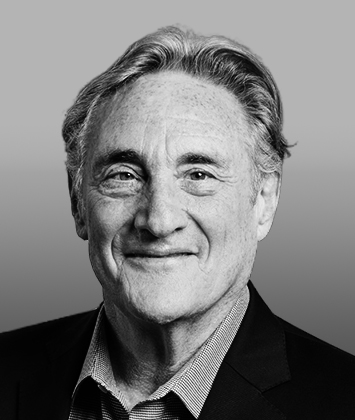Scientific Advisory Board
INTRODUCTION
Alan J. Korman is a globally recognized pioneer in immunology and cancer immunology with over 30 years of experience in the industry. He initiated the approach of checkpoint blockade, which has driven the development and approval of several groundbreaking oncology drugs. These include the world's first immune checkpoint inhibitor ipilimumab (anti-CTLA-4), the world's first PD-1 inhibitor nivolumab (anti-PD-1) and its combination with ipilimumab, as well as the world's first LAG-3 inhibitor relatlimab (anti-LAG-3) in combination with nivolumab.
Dr. Korman has spearheaded the R&D of cancer immunotherapy across multiple biopharmaceutical companies since beginning his career in the biotechnology industry in 1993. Most recently, he served as Senior Vice President of Immune Targeting at Vir Biotechnology. Previously, he was Vice President for Immuno-Oncology Discovery at Bristol-Myers Squibb (BMS), where he led the development of biologics for cancer immunotherapy. Prior to BMS, he held various positions at Medarex. His tenure at BMS and Medarex was instrumental in advancing antibody therapeutics in cancer immunotherapy, including programs targeting PD-1 and PD-L1, along with the preclinical development of immunotherapy combinations. He initiated the development of therapeutics targeting CTLA-4 back to his early career at NeXstar.
Dr. Korman received his Ph.D. in Cellular and Developmental Biology from Harvard University. He was a Whitehead Fellow at the Whitehead Institute at the Massachusetts Institute of Technology (MIT) and a staff scientist at the Institut Pasteur prior to moving to the biotechnology sector. In 2021, the Society for Immunotherapy of Cancer (SITC) announced the inaugural class of Fellows of the Academy of Immuno-Oncology (FAIO) to honor individuals who have significantly helped cancer immunotherapy become a breakthrough cancer treatment. Dr. Korman was among the first cohort of FAIO fellows, alongside Dr. James P. Allison and Dr. Tasuku Honjo (discoverers of CTLA-4 and PD-1 proteins, respectively, and both laureates of the 2018 Nobel Prize in Physiology or Medicine).






